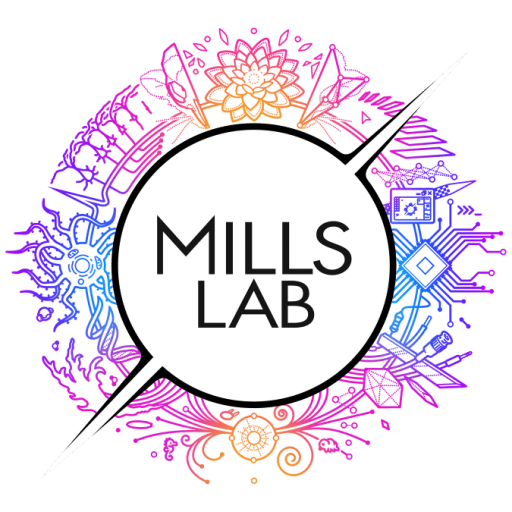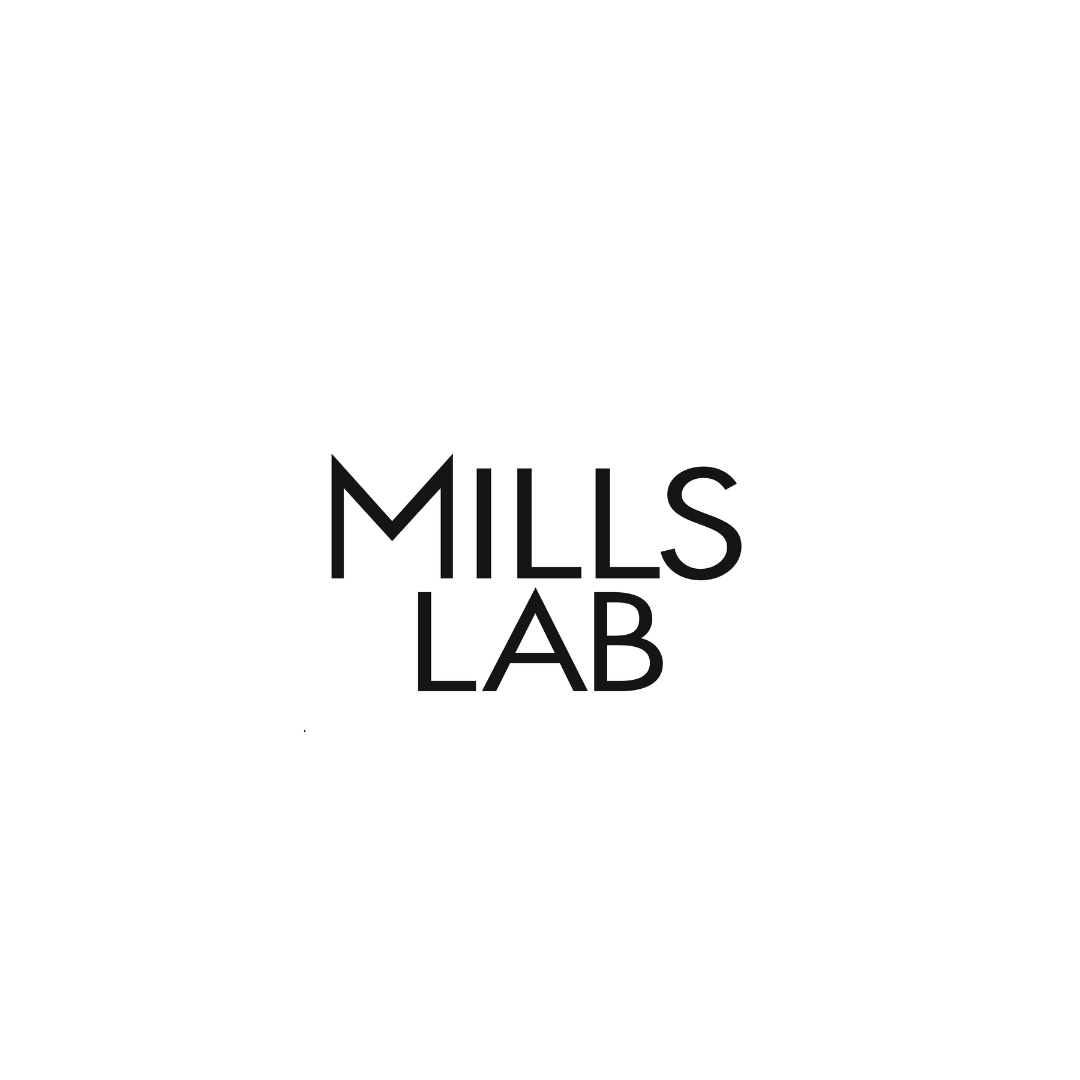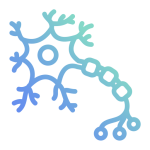
Philosophy

In the Mills lab, we have two major goals. First, we want to do good science – make new discoveries about the brain and how it works. Second, we want to create a positive lab culture where everyone is welcome, treated with respect, and supported to grow and achieve their goals.
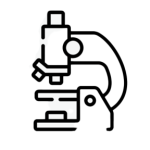
Science

Integrity
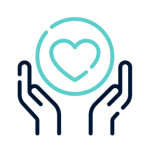
Well-being

Science
A central goal of the lab is to pursue scientific research to make new discoveries about the brain and how it functions.
It is worth briefly pausing to appreciate what it means to do science. The central aim of research is to uncover new truths about the universe; we get to briefly be at the cutting edge of the known and unknown, and be part of a lineage of seekers stretching back through all of history. It is a tremendous privilege to be part of this great adventure, and I hope that we can always keep a sense of joy and wonder towards our work.
However, as wonderful as these goals are, the daily reality of doing science involves a great deal of patient and disciplined work. To this end, in our lab we will always strive to do rigorous and reproducible science, built upon well-designed experiments and informed by careful scholarship. We will also make sure we are working well together as a team, since modern life science research can’t be done alone (there are not really ‘prodigies’ in biology like in math or music). A lab that works together is much greater than the sum of its parts!
A major focus of our lab’s research program is to uncover circuit-level mechanisms underlying learning and motivated behaviors. Understanding how we learn, decide and act is an endlessly fascinating area of research, and is also of major importance to human health. If we do our work well, we will not only make a contribution to our fundamental understanding of the brain and advance ‘basic’ neuroscience research, but will also provide new insights into neurological disorders where cognition and behavior are impaired.
Our lab will always promote accessibility in science by giving research opportunities to those who might not get them and by using open source tools and data standards whenever possible. We will also share our findings to the scientific community, with lab members being supported to present their work at local and international meetings. Finally, since solving the brain is a huge task, we will always seek constructive collaborations with other labs to tackle research questions that we wouldn’t be able to on our own, and to share our expertise with our fellow researchers.


Integrity
These scientific goals depend on the core value of integrity. What this means is that all lab members are committed to being truthful in their scientific work, both in terms of findings and mistakes made. This includes accurately recording and organizing experimental data, following best practices for analysis and interpretation, and, critically, being forthcoming about any errors or caveats that could affect interpretation of our findings. To make sure this happens, we want to create a culture where it is 100% ok to make mistakes as long as we acknowledge them, take responsibility and course correct (and, ideally, share what we learned to put systems in place to prevent similar mistakes!). Realizing something went wrong and data/time was lost is a tough feeling, but as soon as we tell others what happened we can all help each other get back on track.
In day-to-day lab activities, integrity means keeping commitments, big and small, with other lab members: showing up when you say you will, respecting equipment and room bookings, and being conscientious about using space so you are not prioritizing your time above others by leaving a mess. Crucially, integrity also includes following ethical guidelines in experiments and analysis, especially for work with animals, on whom all our science depends.
Finally, we also want to conduct ourselves with integrity as we interact with other researchers outside the lab. Science is a community, and people will give attention and trust to those who have shown that they deserve it. Whenever we interact with others outside of the lab in a professional capacity, we will always be respectful, constructive, and honest about our science. When we find ourselves in a role where we have to evaluate the work of others (reviewing papers, interviewing applicants), we will always strive to be fair, transparent, and unbiased. Besides these things simply being the right thing to do, if we are good citizens in the scientific community people will see that our lab cares about those values, and it will open doors for new opportunities, recruitment, and collaborations.

Wellbeing
Finally, the most important principle of the lab is that we are committed to the well-being of our fellow lab members. This is the foundation of all our other work: no science can be done without scientists, and we want to support each other to be happy and healthy so we can all keep pursuing our goals as a team. To achieve this, we will promote lab values where the mental and physical health of the team is a priority.
Safety First. Work in a laboratory setting often involves the use of equipment and reagents that present serious risks to human health, so safety is always our #1 priority. It is the responsibility of every lab member to follow appropriate protocols for their own safety and that of their colleagues. Lab members will complete all necessary training courses before any hazardous work, supplemented by direct training from senior lab members. To avoid accidents, lab members should also refrain from working when they are sick or fatigued, and avoid working alone or at irregular hours whenever possible. Everyone is expected to practice self-awareness and common sense, and continually educate themselves in best safety practices for any new techniques they learn. A golden rule in research labs is: “If you don’t know – ask.” If you are ever unsure about the correct safety approach, don’t ever hesitate to ask a senior lab member for guidance.
Respect & Inclusion. All lab members are expected to treat each other with respect, and be welcoming to everyone on our team regardless of their identity, background or life experiences. We want to create an inclusive environment so that everyone feels able to share their unique perspective and strengths, enhancing the efforts of the entire team. As part of this, there is no place in our lab for abusive or harassing behavior, sexism, racism, or any other forms of discrimination. We will make clear expectations for conduct both in lab meetings and lab manuals for new members, including responsibilities and resources for reporting misconduct. Additionally, learning to recognize and correct systemic issues in science will be an ongoing part of our training together as a group.
Work/Life Balance. Science is a marathon, not a sprint. We want make sure that people are working with enthusiasm and making progress, but doing so at a sustainable pace. The model here is we want to be ‘running buddies’: keeping each other accountable, encouraging each other to work towards our goals, but taking time for rest and repair as needed. We will try to promote efficiency and organization instead of long hours, and give help rather than pressure when we need to move things forward. We will also normalize people taking the time and resources they need for physical or mental health, so that they are in the state they need to be to do their best work and keep growing as scientists.
By promoting positive values in our lab, we hope to create a research community where we look out for each other’s well-being, and have a positive influence on the culture of science as a whole.
